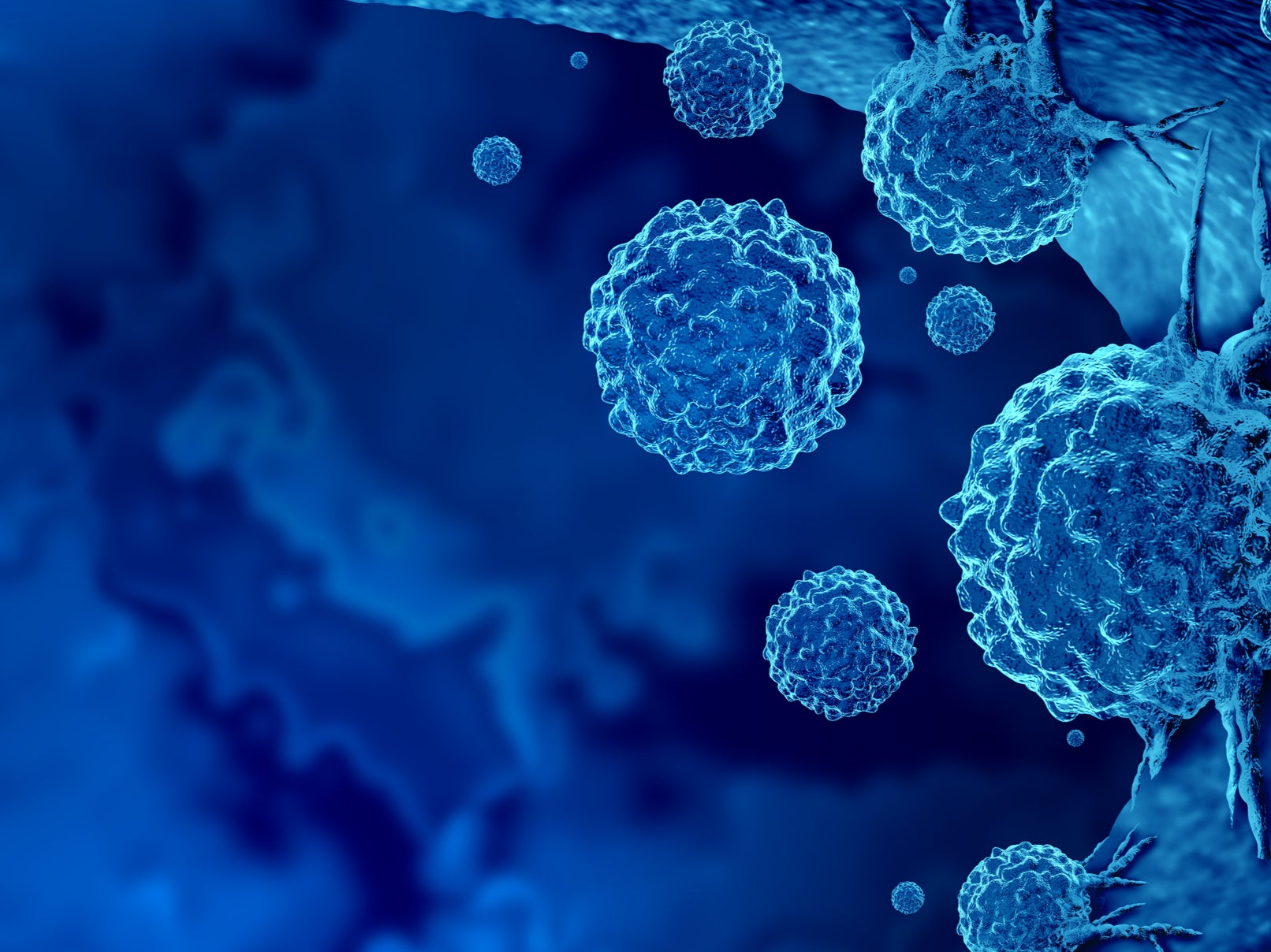The Independent's journalism is supported by our readers. When you purchase through links on our site, we may earn commission.
Patients ‘cured of cancer’ after pioneering T-cell therapy
First two patients to be given treatment saw improved symptoms within weeks and no return of illness 10 years on

Your support helps us to tell the story
From reproductive rights to climate change to Big Tech, The Independent is on the ground when the story is developing. Whether it's investigating the financials of Elon Musk's pro-Trump PAC or producing our latest documentary, 'The A Word', which shines a light on the American women fighting for reproductive rights, we know how important it is to parse out the facts from the messaging.
At such a critical moment in US history, we need reporters on the ground. Your donation allows us to keep sending journalists to speak to both sides of the story.
The Independent is trusted by Americans across the entire political spectrum. And unlike many other quality news outlets, we choose not to lock Americans out of our reporting and analysis with paywalls. We believe quality journalism should be available to everyone, paid for by those who can afford it.
Your support makes all the difference.Two patients treated with an innovative cell therapy that uses immune cells to fight cancer have seen no return of their illness in 10 years, raising hopes of a cure.
The CAR T-cell treatment involves reprogramming a patient’s own immune system cells to target and destroy their cancer.
Two patients who suffered with chronic lymphocytic leukaemia underwent CAR T-cell therapy in 2010 and saw all signs and symptoms of their leukaemia disappear within months of treatment, according to a study published in the journal Nature.
A decade later, both patients still have cancer-fighting T-cells present in their bodies. One of the them, Doug Olson, is able to run half-marathons after his treatment.
In the UK, the therapy is currently available for children and young adults with B-cell acute lymphoblastic leukaemia (ALL) and adults with certain types of lymphoma – both of which are blood cancers.
Professor Carl June, at the University of Pennsylvania, Philadelphia told The Guardian: “We call these cells a living therapy, but it was a big surprise to us that they are still able to kill cancer cells 10 years after infusion.
“We can’t say whether every last cancer cell was gone within three weeks [of treatment], or it could be that they keep coming up like whack-a-mole and then get killed, but we know that these [CAR T-cells] are on patrol. They persist and they are functional.”
Prof Martin Pule, the director of the UCL Cancer Institute CAR T-cell programme, added: “A decade ago, CAR T-cell therapy was a therapeutic approach explored by a very small number of scientists and was considered a fringe approach and unlikely to work.
“This paper shows us that CAR T-cells can give patients with cancers which no longer respond to chemotherapy remissions which last a decade.”
Join our commenting forum
Join thought-provoking conversations, follow other Independent readers and see their replies
Comments